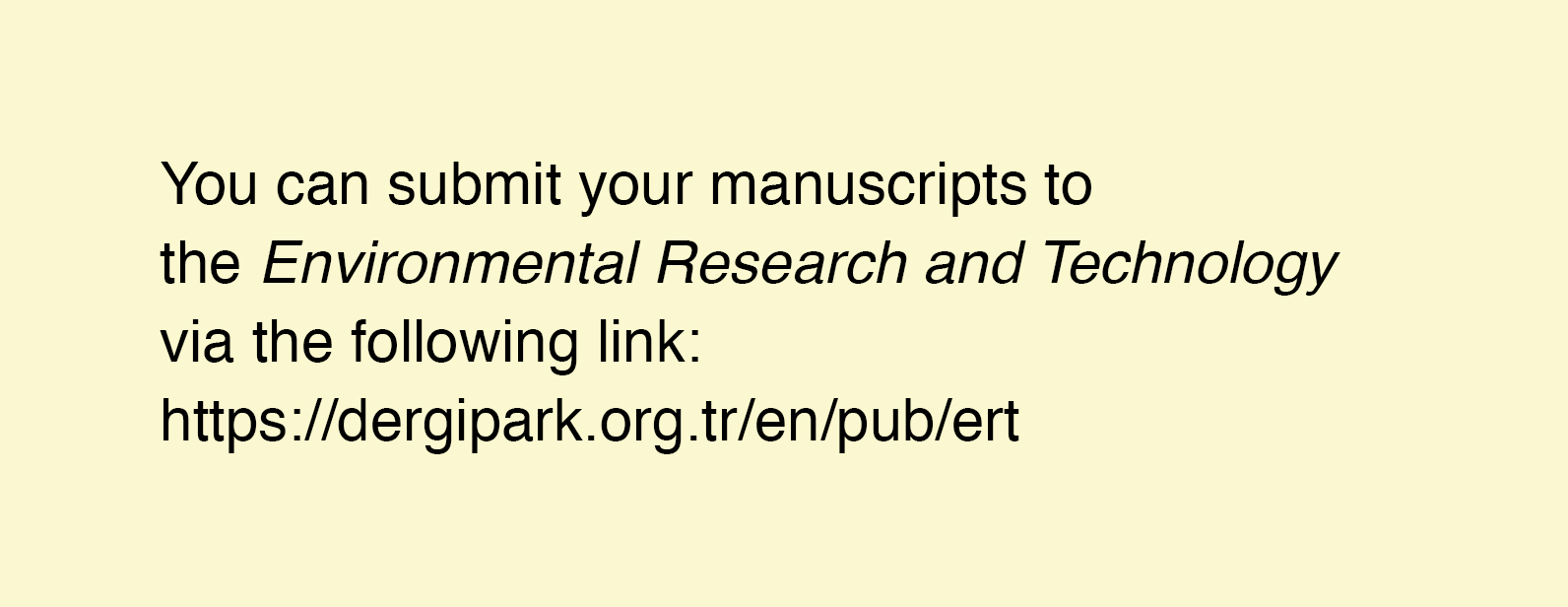2Department of Chemical sciences, Federal University Wukari, Pure and Applied Sciences, Nigeria
3Federal University Wukari, Faculty of Engineering and Technology, Nigeria
Abstract
Water treatment is essential in the provision of potable drinking water to communities. However, studies have shown that many local conventional drinking water treatment plants in Nigeria are ineffective in removing contaminants. This study evaluated the efficiency of drinking water from Wukari-Ibi plant by assessing water samples before and after treatment and comparing results to national and international drinking water standards. Forty water samples were col lected and selected physical and biological parameters were determined according to standard laboratory procedures. The results
indicated that after treatment, turbidity (6.74 NTU) and coliform count (17 cfu/100 mL) were still significantly greater than standard guidelines, which suggest that the treatment plant is unable to reduce the concentration of these contaminants to a safe level for consumption. Furthermore, assessing water at consumer taps indicated that bro-ken distribution system is likely serving as a potential pathway for contamination. The plant removal efficiency of colour, turbidity, Total Dissolved Solids, hardness, and coliform count was computed as 74.7%, 66.57%, 32.58%, 30.11%, and 59.88% respectively. Overall, the removal ef-ficiency was 52.77% which is considered unacceptable for the supply of potable drinking water. The study concludes
that cost and poor skilled personnel are the major factors in the inefficient treatment and therefore we suggest a low-cost treatment using activated carbon from locally sourced plants to be incorporated for effective removal of contaminants. There is also a need for government to invest in infrastructure and equipment so as to upgrade the treatment plant.











